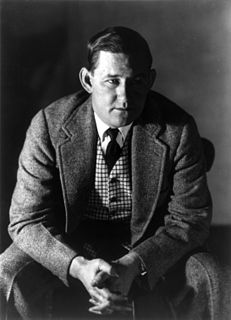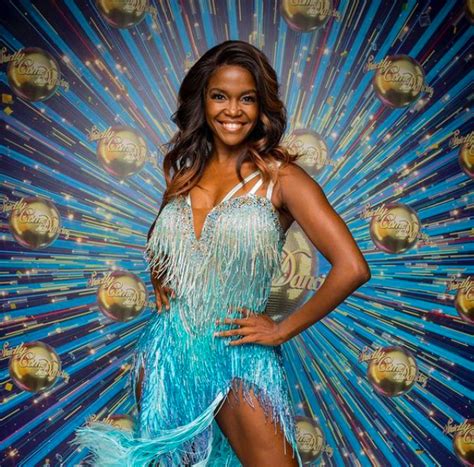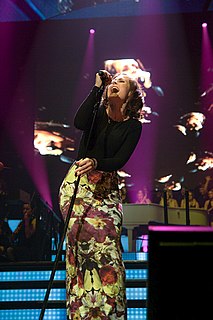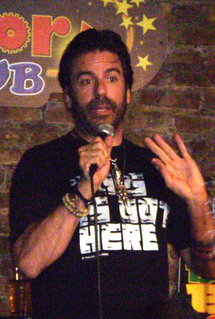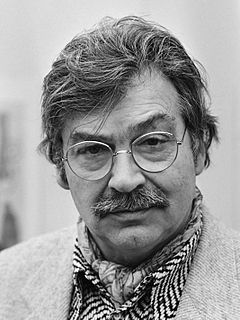A Quote by Anne Waldman
You really felt a radical shift in the advance of a poetics that had really been engendered by [Walt] Whitman. This was very exciting. I wanted to work in this environment.
Related Quotes
I think Walt Whitman went to the help wanted section and found a squib that said "Wanted: National Poet." And he was innocent enough to believe there really was such a job. And if he could just write a poem that incorporated everything he felt and suspected and hoped for from America that he would have the position.
Walt had a seat-of-the-pants approach on what he wanted musically. We kind of 'read' the boss and had a very high batting average, but there were occasions when he felt we had just written the wrong piece for the situation he wanted. We invariably listened to what he wanted - he was very descriptive in what he wanted and we could read him. We'd go back to the drawing board and work out what he wanted. He was a great inspiration, but a tough taskmaster.
I went through a very hairy period. I had a movie where I was going to play Walt Whitman that fell through. At the time, I had grown this huge beard and very long hair. But then, the movie got canceled, I had some other parts, and I currently have very short hair. So, when I look in the mirror, I don't know who I am exactly. It's interesting.
When I was young I once found a book in a Dutch translation, 'The leaves of Grass'. It was the first time a book touched me by its feeling of freedom and open spaces, the way the poet spoke of the ocean by describing a drop of water in his hand. Walt Whitman was offering the world an open hand (now we call it democracy) and my 'Monument for Walt Whitman' became this open hand with mirrors, so you can see inside yourself.
The big change, the really radical change in communication, was in the late 19th century. The shift from sailing ships to telegraph is astronomical. Everything since then has been small increments, including the internet. So you don't have to wait for a letter to get to England in six weeks, you have almost instant communication. That was an enormous shift.



